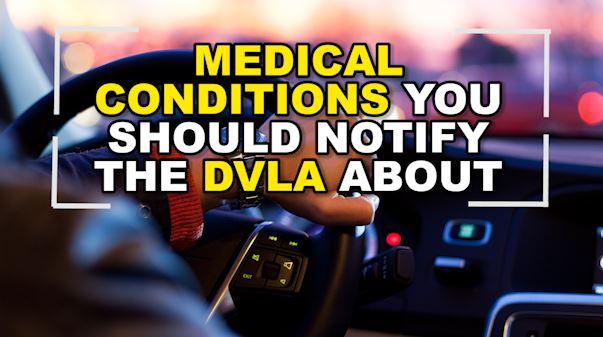Generally, anyone who passes a driving test is aware of the road laws. It is common knowledge that you must inform the DVLA if you develop any medical conditions which might affect your ability to drive properly. For instance, a minimum field of vision is required to be able to drive. New mothers who have had a c-section are instructed to avoid driving for at least six weeks. However, there are a number of other medical conditions which can seriously hinder your ability to drive. These include illnesses which have side effects such as hearing loss, sleep deprivation and a few more. Learn more about these surprising medical conditions which could get you a £1000 fine if you fail to inform the DVLA about them. In case you get involved in an accident as a result of any of these illnesses, you may also be prosecuted by the law.
Becoming a HGV driver is not a common career choice. However, those who do enter this field realise how rewarding it can be. The life of an HGV driver is much different from that of a nine-to-fiver. It has its share of challenges as well as advantages. Here are 6 major reasons why a career as an HGV driver might be the right choice for you.
It is no secret that there is a severe shortage of truck drivers in the UK. The situation is expected to worsen if no major step is taken to encourage more people to join the HGV industry. The Freight Transport Association (FTA) has openly admitted that the transport industry is clearly unable to get young people to stay in the industry.
Do you have a truck driver in your life who deserves to know how special he or she is? How about buying them a special present this Christmas to show how much you appreciate them! To help you out a little, here are a few wonderful gift ideas, perfect for the road kings and queens.


















